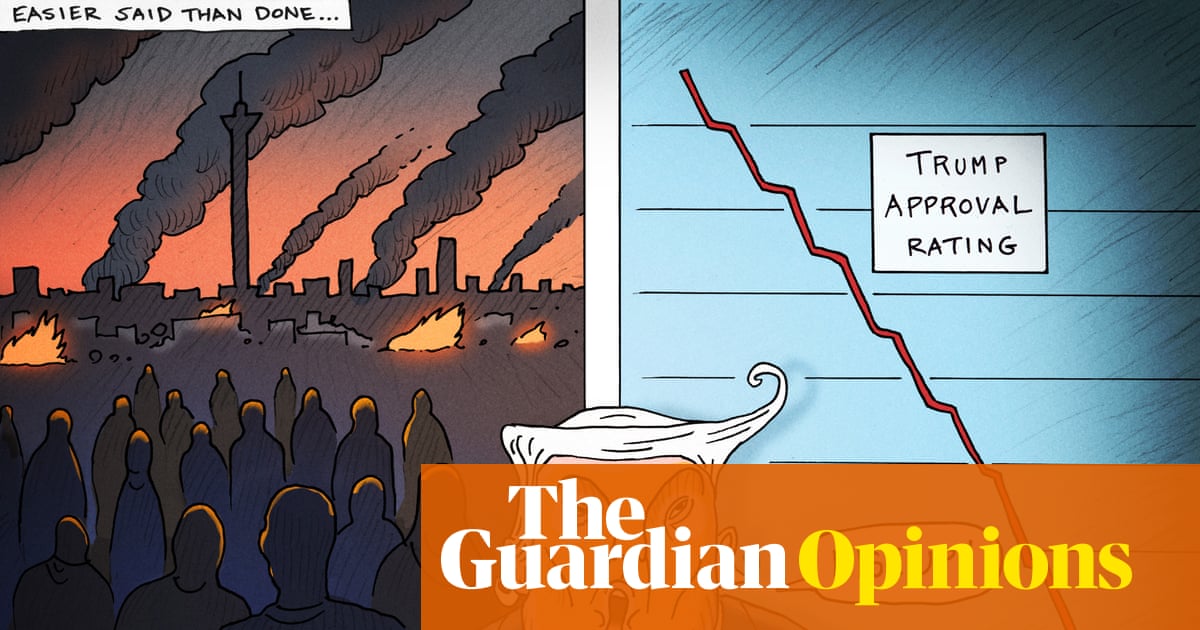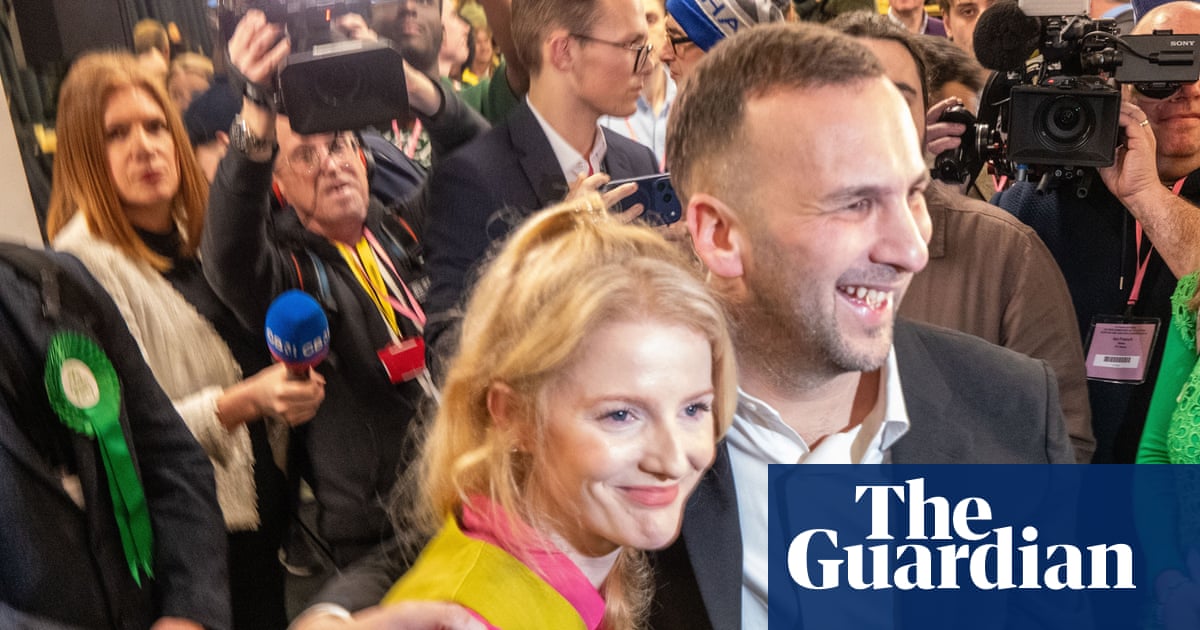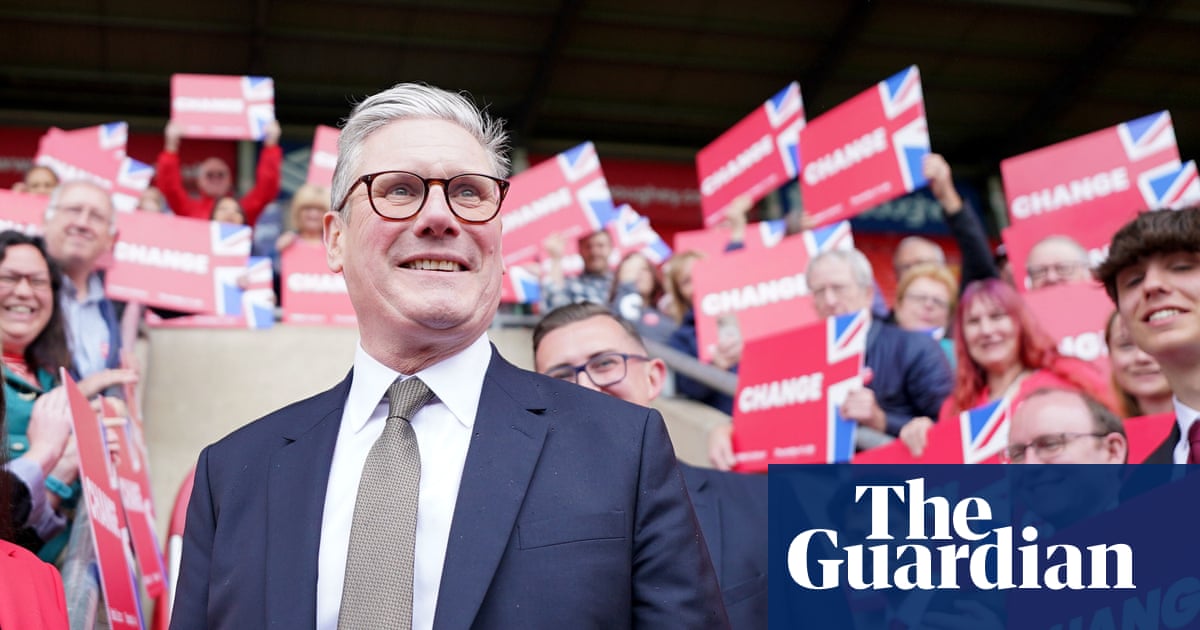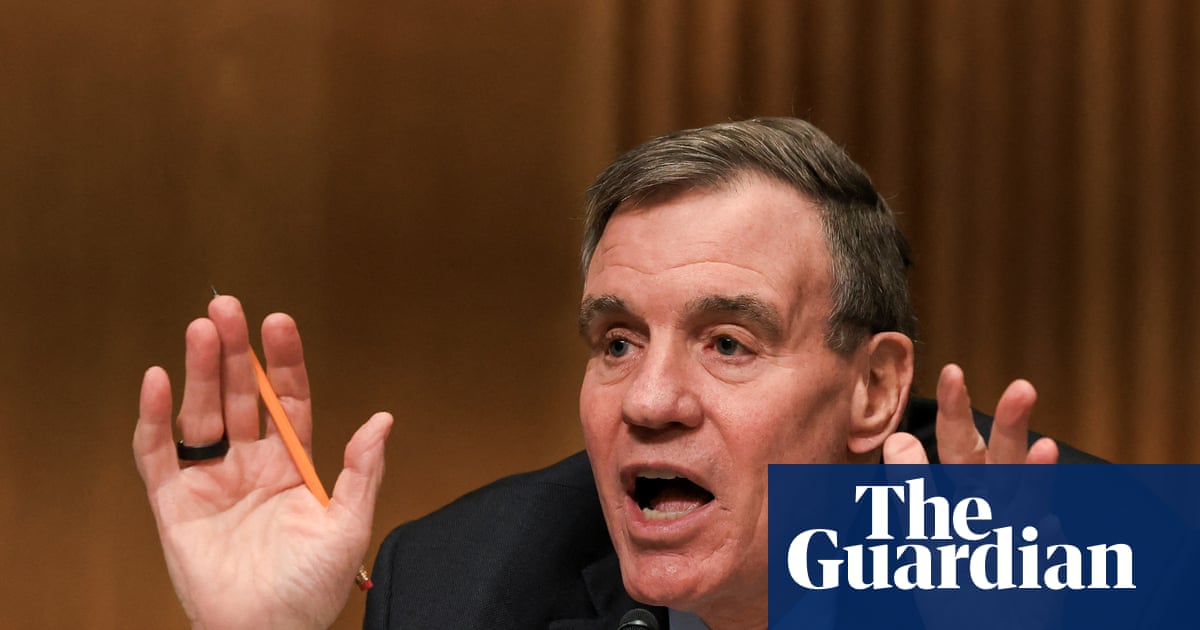UK factories staged a recovery in October after the reopening of Jaguar Land Rover operations and a pick-up in consumer spending, according to a closely watched survey of the manufacturing sector.
The S&P Global purchasing managers’ index (PMI) rose to a one-year high as business optimism improved and factory output expanded.
Jaguar Land Rover, Britain’s biggest carmaker, supported the recovery after it began reopening facilities hit by a cyber-attack that some experts estimated cost the UK economy about £1.9bn.
Manufacturers were able to shake off some of the uncertainty from Donald Trump’s tariffs. Consumers also increased spending on new cars, improving the outlook for the makers of vital industrial components.
S&P Global said the PMI rose to 49.7 in October from 46.2 in September, where a figure above 50 indicates expansion. A sub-index measuring factory output jumped sharply to 51.6 from 45.7 in September, signalling a return to growth.
Martin Beck, the chief economist at the consultants WPI Strategy, said there were reasons to be optimistic about a recovery gathering pace.
“Rising real wages should underpin domestic demand for goods, while government incentives for green technologies and battery production could boost investment,” he added.
“The recent depreciation of sterling against the dollar and euro also improves UK export competitiveness. And the government’s decision to increase the discount on electricity network charges for energy-intensive industries offers some relief on costs.”
However, Mike Thornton, the head of industrials at the accountants RSM UK, said: “While the uptick in manufacturing activity in October shows a reverse on the downward trend seen in August and September, only time will tell if this is a temporary rebound in output rather than a sustained recovery.
“Following Jaguar Land Rover’s phased production restart in October, it’s likely that this has created a ripple effect throughout the supply chain, particularly as the shutdown impacted more than 5,000 middle-market businesses.”
The UK’s manufacturing sector has suffered a succession of blows since the Covid pandemic. Industry bodies have complained that a steep rise in gas and electricity costs, in addition to rising wages and higher employment taxes, have crippled many businesses.
after newsletter promotion
The British Chambers of Commerce, the CBI and Make UK, the manufacturing lobby group, have called on the chancellor to give extra support to the manufacturing sector in the budget later this month.
Rob Dobson, a director at S&P Global Market Intelligence, said: “There are concerns the forthcoming budget will exacerbate the lingering challenges created by last year’s budget, especially in relation the impact of national minimum wage and employer national insurance on costs, demand and production.
“This means that business optimism remains below its long-run average despite rising to an eight-month high in October.
“Manufacturers seem to be stuck in a holding pattern until the domestic policy and geopolitical backdrops exhibit greater clarity.”

.png) 3 months ago
96
3 months ago
96

















































